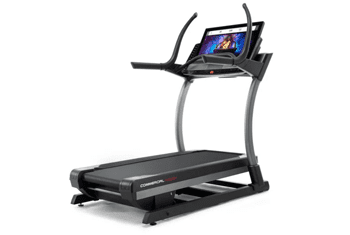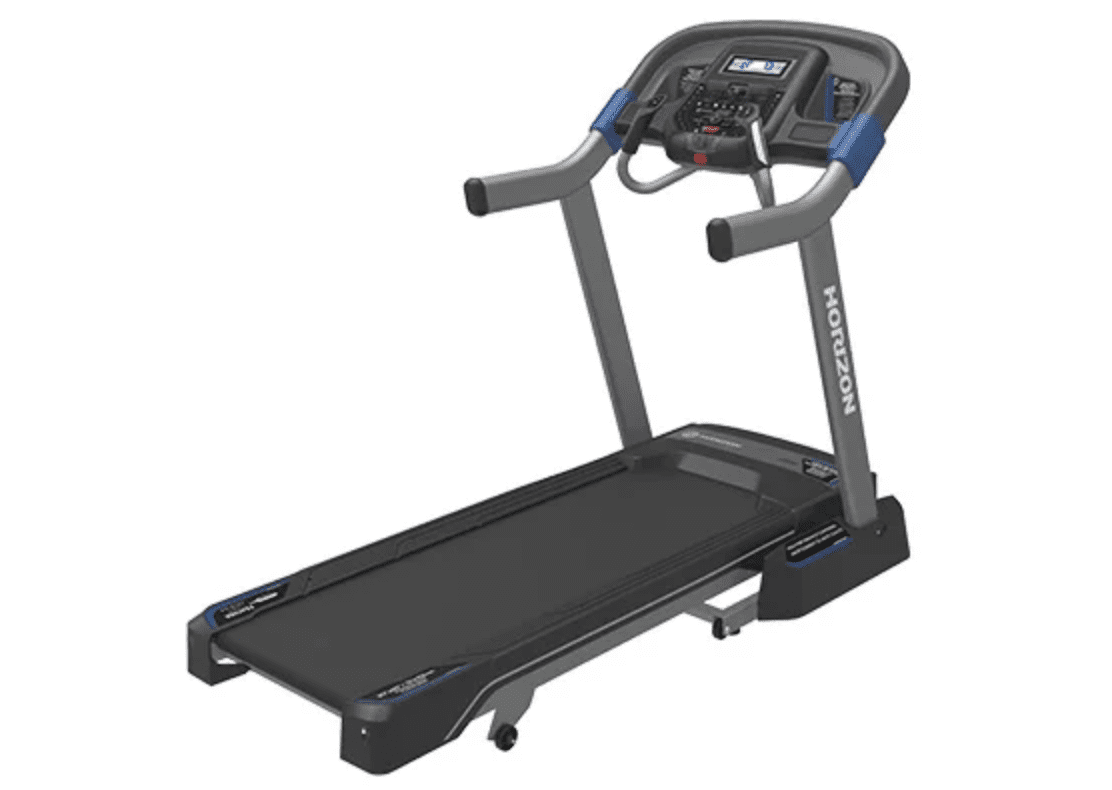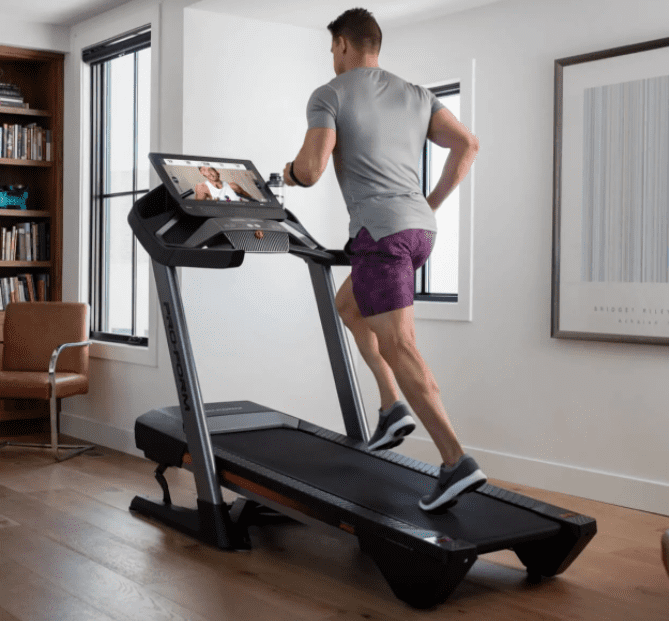Table of Contents
What’s Better – Morning or Evening Workouts?
Some gym junkies swear by working out in the morning. Others say that working out at night is the best way to finish your day. What’s most important is finding time, whenever you can, to exercise. But, is it true that when you work out can influence the number of calories you burn and the quality of your workout?

Anthony Hackney, an exercise and sport science professor at University of North Carolina Chapel Hill says morning exercises are the best time to exercise. (1) So, if you really want to maximize your workouts, try exercising in the morning.
Here’s why.
To Burn Fat More Effectively, Work Out in the Morning
In the morning, your body naturally has higher levels of cortisol and growth hormone, two important hormones that affect your metabolism. Hackney says working out in the morning “draws more of your energy from your fat reserves” letting you burn fat more effectively. (1)
Working out first thing in the morning – on an empty stomach – is the best way to burn stored fat. Shivani Sahni, director of the nutrition program at Harvard University’s Institute for Aging Research, says “if you can go an hour or an hour and a half without eating, you’ll maximize the fat-burning response.” (2)
Just imagine, the same 30-minute workout, if done in the morning, with actually help you burn more fat than if you choose to do it at night or in the afternoon.
But, that’s not the only benefit. Working out in the morning can align your body clock and set you up for better sleep at night (1). And, working out first thing in the morning will help you to stay on track with your fitness goals. It can be a great way to start your day. And, when you finish your workout at 8am, you’ll feel great, and you’ll be motivated to accomplish the rest of your goals throughout the day.
It can be tough to wake up in the morning, especially if you’re not a morning person. If you try am workouts for a week, but notice that your energy and intensity levels are low, it might be best to try a different time of day.
Work Out in the Afternoon for an Afternoon Performance Boost
By early afternoon, your body is alert and active – you’ve eaten breakfast and a snack so you’re already “fueled up,” and your blood sugar levels have risen. Working out in the afternoon is a great option, especially if you want to “give your performance a boost” (1).
It’s a great way to avoid the afternoon slump. Even just talking a quick walk or doing a couple jumping jacks or push-ups can wake up your body and refocus your mind.

If you have diabetes, afternoon workouts might have extra benefits. A 2019 study found that “men with Type 2 diabetes who completed a few minutes of high-intensity interval sessions in the afternoon substantially improved their blood-sugar control after two weeks. If they did the same, intense workouts in the morning, however, their blood-sugar levels actually spiked in an unhealthy fashion.” (3)
The study showed that men that worked out in the afternoon has better average insulin sensitivity and were better able to control blood sugar. So, if you are at risk of diabetes or have Type 2 diabetes, working out in the afternoon might be your best option.
To Kick Start Your Weight Loss, Work Out at Night
Evening workouts are often more difficult to schedule. You’re also more likely to call it off if you’ve had a long day or if you’re tired. Your workout options might be limited as well, because of limited daylight and because gyms are often more crowded after office hours (4).
And it’s possible that working out at night can wake up and alert your body and make it harder to fall asleep – if you choose to exercise right before going to bed.
That being said, working out at night does have a lot of benefits. In the evening, your body temperature is the highest, and your muscles and joints are 20% more flexible than in the morning. That means you’re less likely to strain a muscle or injure yourself.
It can also be a great way to release stress after a long day, and if you add some stretches or yoga at the end of your workout, then take a nice hot shower, it can get your body ready for a deep sleep.
And, it can even set you up for weight loss. One study found that working out at night “over time, can also reduce levels of the hunger-stimulating hormone ghrelin, which could help with weight loss or management.” (1)
Find What Works Best for You

Treadmill brands like NordicTrack and ProForm utilize fitness technology on their equipment to incorporate other methods of exercise, such as strength training and yoga, with their treadmills!
Whatever time of day you workout is better than not working out at all. With crazy work schedules and everything you have going on, some days it might be better to work out in the evening, and some days a morning workout might fit better into your schedule.
Finding the right time to exercise that works best for you is what’s most important. Try it out for yourself – one week, workout at 7am. Then, the next week, during your lunch hour, and another week, in the evening. Pay attention to what your body is telling you, how well you are sleeping, and how you feel during and after your workouts.
Once you find what’s best for you, stick to it! You’ll discover that a daily workout routine will give you more energy, boost your mental health, and make you feel better physically.
Try working out during a different time than usual, and fit a kick butt treadmill workout into your schedule today.
In need of a treadmill? View our current best buy recommendations.
Sources:
2 Is It Bad to Exercise on an Empty Stomach?




